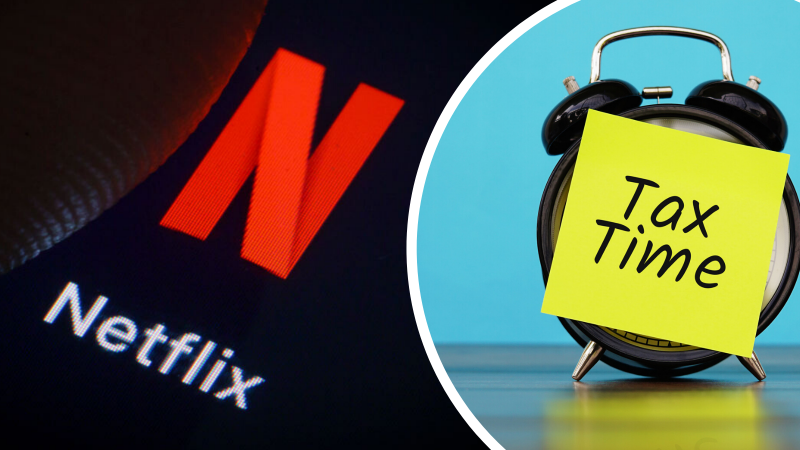Google, Amazon, Netflix paying almost no tax in Australia

Almost a third of large corporations (businesses with a total income of $100 million or more) aren’t paying tax, new data from the Australian Taxation Office has revealed.
But while that figure seems large, the Corporate Tax Transparency report, which shows the tax information of over 2,200 entities, finds the figure has actually reduced since last year.
Also read: ‘Your $13.99 Netflix subscription is more than what the company paid in tax’
Also read: Netflix's Aussie price hike today could see it lose thousands of subscribers
Also read: Days left until Netflix disconnected for thousands of Aussies
“Over the five years to 2018, all industry segments reported growth in the number of reporting companies, total income, taxable income and tax payable,” Deputy Commissioner, Rebecca Saint, said.
“The report also shows that the number of large companies paying no tax continues to decline.”
Groups that consistently report losses or unusually low taxable incomes are more likely to attract ATO attention, Saint said.
Google, Amazon among companies paying almost no tax in Australia
For the 2017-18 financial year, Google Australia reaped over $1 billion in total revenue, but paid just $37 million in tax. That equates to around 3.6 per cent - not the 30 per cent corporate tax rate.
Atlassian, which also reaped $1 billion paid no taxes at all, which, under tax law, is allowed if businesses are dealing with losses carried forward after a bad year, Saint said.
“The positive trend we are now observing is that many companies have ceased generating accounting losses and are now offsetting profits by utilising losses from prior years,” she said.
“We expect many companies to exhaust these losses and begin paying income tax in the coming years.”
Amazon Web Services Australia reaped $201 million in total revenue, but paid just $6.5 million in taxes - or 3.3 per cent. Again, not even close to Australia’s 30 per cent corporate tax rate.
Netflix paid just $341,793 in tax in Australia for the 2018 calendar year - despite raking in between $600 million to $1 billion from local subscribers.
Seemingly, the company’s corporate structure allows a Netherlands-based subsidiary to bill its customers, which incurs a Dutch tax rate that’s much lower than Australia’s corporate tax rate of 30 cents to the dollar.
The only tax Netflix pays in Australia is on the $12.1 million “service fee” the global company pays its Australian arm.
And it’s worse in the US
In the US, your $12 monthly Netflix subscription is greater than the amount the company pays in tax - something US Senators Bernie Sanders and Elizabeth Warren campaigning against the cause.
“Your $8.99 [AU$13.99] Netflix subscription is more than the company paid in federal income taxes last year (nothing),” Sanders tweeted earlier this month.
“We are going to make massive corporations finally pay their fair share.”
According to the director of federal tax policy at the Institute on Taxation and Economic Policy, Steve Warmhoff, companies like Amazon don’t really lay out their tax strategy properly, so it’s hard to know what they’re doing.
“In their public documents they don’t lay out their tax strategy. So it’s unclear exactly which breaks [the company is taking advantage of]. They vaguely say tax credits,” Warmhoff said.
While not technically illegal, companies can take advantage of tax credits, loopholes and exemptions - but they should really be paying their taxes.
Australian government doubles down on tech giants
Australia’s consumer watchdog, the ACCC, has been given more funding to monitor digital platforms like Facebook and Google, after the Federal Government released its response to the Digital Platforms Inquiry.
The response revealed the government’s overhaul of media regulations to bring tech giants in line with traditional news businesses when it comes to advertising, and a focus on strengthening Australia’s privacy laws.
"The government will deliver a regulatory framework that is fit for purpose and better protects and informs Australian consumers, addresses bargaining power imbalances between digital platforms and media companies, and ensures privacy settings remain appropriate in the digital age,” Prime Minister Scott Morrison stated.
Make your money work with Yahoo Finance’s daily newsletter. Sign up here and stay on top of the latest money, news and tech news.

 Yahoo Finance
Yahoo Finance 